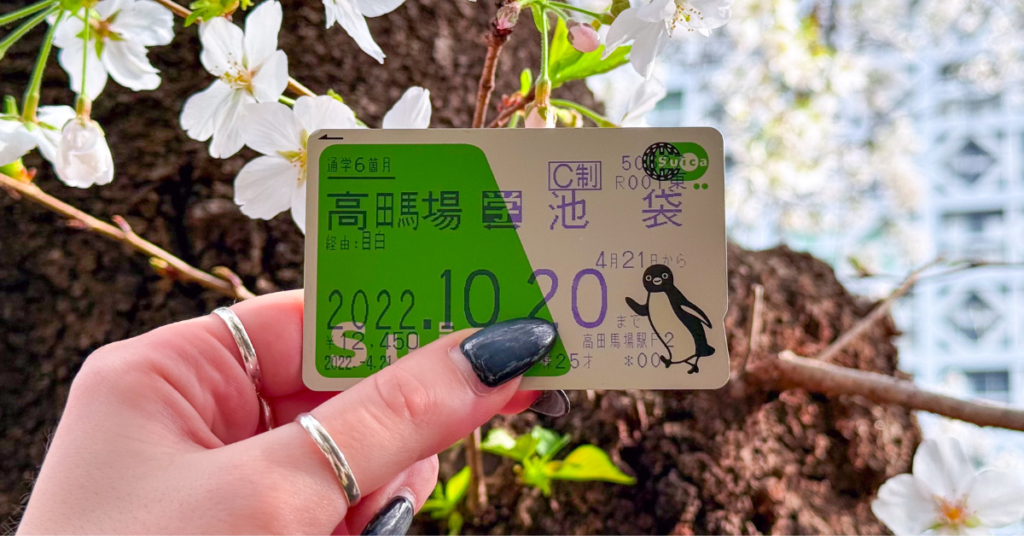The Japanese job hunting and recruiting processes is very structured. Although there are strict rules, it makes it easy to figure out what to wear since there is an expected protocol on interview attire.
This is especially true for new grads — you may have noticed the sea of students in black suits, almost as if it was a uniform. It practically is, and in the Japanese culture that values uniformity, it would be wise to follow suit (no pun intended!). While you want to outshine from other candidates, interview attire is not the area to stand out in.
For new grads and conservative sectors
Job hunting for new grads should be fairly simple. Try to stay with the tried-and-true rules of interview attire and keep it simple and clean. Even if you’re an experienced professional, if you’re interviewing at financial firms or for a government position or otherwise known to be conservative sectors, you want to make sure to dress as conservatively as possible when it comes to Japanese business attire.
Men
- Dark, solid suit in black, navy or dark gray. Don’t wear pinstripes or any unique patterns. When in doubt, buying a “recruit suit” may serve you well when job hunting in Japan.
- White shirt. Depending on the company a very close-to-white light shirt may be ok, but many companies prefer new grads to wear white shirts.
- Conservative tie – striped, dotted or something simple. Most interviewees stick with something in the blue or red colour family.
- Black or dark brown dress shoes.
- Belt of matching colour with the shoes.
- Dark coloured socks.
- Accessories should be limited to a simple dress watch and if applicable, a wedding band.
- Black or dark coloured briefcase. Make sure it fits an A4 sized folder. (Carry extra copies of your resume!)
Women
- Dark, solid skirt suit in black, navy or dark gray. Pants suits are acceptable as well but in more conservative fields, it is better to stick with skirt suits. Make sure your skirt is not too tight or too short. When in doubt, buying a “recruit suit” may serve you well when job hunting in Japan.
- Simple white blouse.
- Black or navy court shoes with around 5cm-7cm heels. Do not wear open-toed shoes, sandals, platforms or clogs.
- Accessories should be limited to a simple dress watch and if applicable, a wedding band. A simple necklace or small stud earrings may be acceptable.
- Nude, sheer tights.
- Black or dark coloured business bag. Make sure it fits an A4 sized folder. (Carry extra copies of your resume!)
Experienced hires and creative sectors
Similar rules apply, but there is more room for variety in less conservative fields. The important thing is to look neat and professional in all cases. Remember that Japanese companies in general have more conservative attitudes about attire than elsewhere.
For interviews in the fashion industry or more creative fields, it may work against you to wear the “interview uniform.” Research what current employers wear to work or speak with someone in the industry for advice on what to wear.
For more casual settings, you may want to wear a coloured or patterned shirt or an interesting tie. For women, instead of a collared blouse, you could wear a more feminine top.
Part-time jobs
If you are a student searching for part-time jobs, in some cases it may not require a suit. You should still look neat and professional, however if you’re interviewing for a retail job at a clothing store, it would make sense to wear clothes from that brand or something similar in style.
Restaurants, cafes, bars and other food and beverage establishments may pay more attention to cleanliness than clothing styles. You should make sure you are clean-shaven, your hair is neat, nails are short and clothes clean and pressed, etc.
Even if you are not wearing a suit, you should not show up to an interview in jeans and a t-shirt. Wear business casual attire, and try to take into consideration how current employees there, dress. For interviews, you should always dress at least at that level and a little more formal than what current employees wear.
If you are interviewing for a tutoring job or teaching English, you may still want to wear a suit.
General grooming tips:
- For both men and women, nails should be trimmed short and not coloured. Clear polish is fine. For women, sheer or neutral polish in a blush hue may be acceptable.
- Men should be clean-shaven in most industries. If sporting a beard, it should be trimmed neatly.
- Hair should be kept away from the face. Short hairstyles are considered appropriate for men. For women with longer than shoulder length hair, it is best to put it up in a low ponytail, bun or chignon.
- Do not wear strong perfume or cologne.
- Women should wear some make-up, but not too much. Make sure your skin tone looks even and smooth, try to cover dark circles with concealer. Wear a natural coloured blush on the apples of your cheeks for a healthy glow. Eye shadows should be a neutral colour, usually a brown-shade that complements your skin tone and eyes will work great. Eyeliner should not be too thick or overdone. Wear mascara to open up your eyes, and make sure your eyebrows are neatly trimmed and filled in. The goal is not to look gorgeous but aim for healthy and polished. Usually, less is better.
- Polish your shoes, iron your shirts, make sure you look neat.
Cool biz
In the summer, many companies practice “cool biz,” allowing its employees to wear more relaxed attire to save on energy costs. They may forgo jackets and ties and may even wear short-sleeved shirts. This usually doesn’t apply for interviewees, and you should make sure to still dress as you would otherwise. However, certain companies will instruct interviewees to follow cool biz as well, in which case, you should obviously follow.
When in doubt, consult your career counselor or Japanese friends and mentors for advice.
For more information about Japanese culture follow our Go! Go! Nihon blog.















